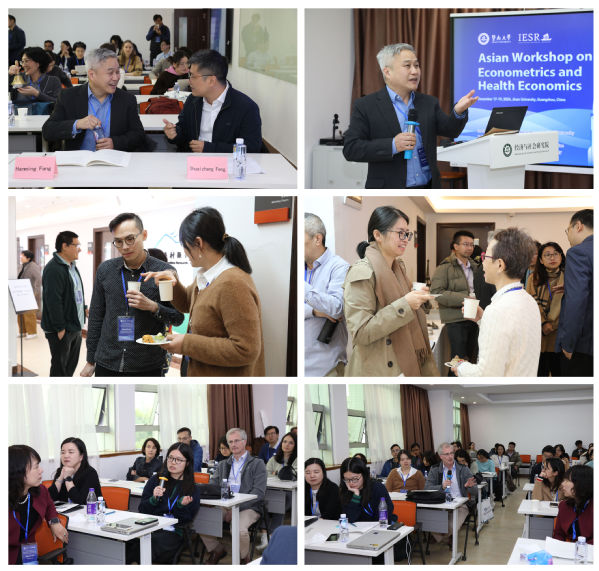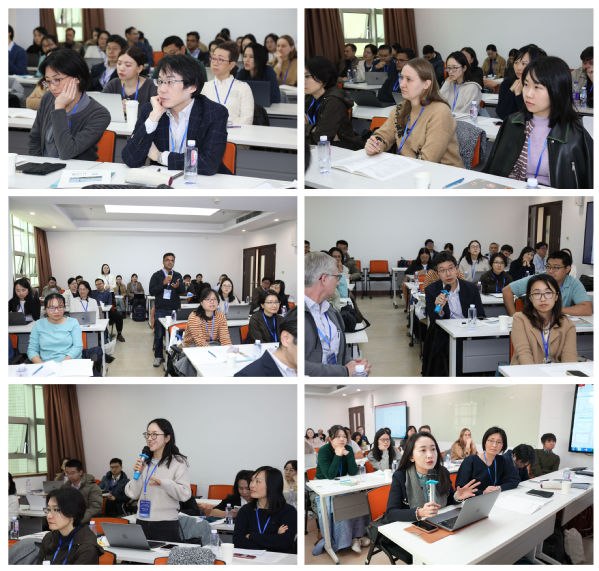From December 17 to 19, the 2024 Asian Workshop on Econometrics and Health Economics was successfully held at Jinan University. IESR, Tokyo Center for Economic Research, Waseda Institute of Social and Human Capital Studies, and the Health Technology Assessment Unit of Keio University jointly organized the Workshop. More than 50 scholars from China, the United States, France, Italy, Russia, Singapore, Switzerland, Japan, Thailand, Indonesia, and Vietnam conducted in-depth exchanges and discussions on population aging, declining fertility, and healthcare issues.
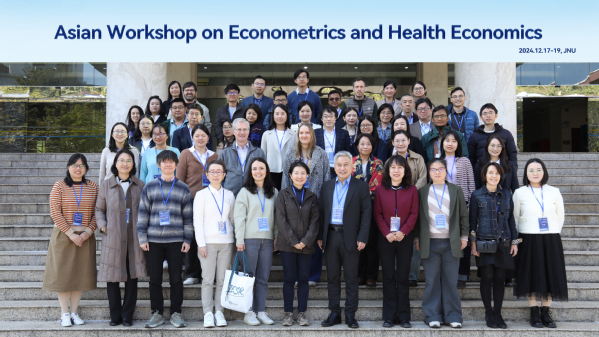
Workshop Participants
Welcome Speech
At first, Professor Shuaizhang Feng expressed his warmest welcome to all the participants and briefly introduced the profound history of Jinan University and the development of IESR to the attendees. At the end of his speech, he believed this event would be a great platform for scholars in econometrics and health economics to jointly build an international academic bond.
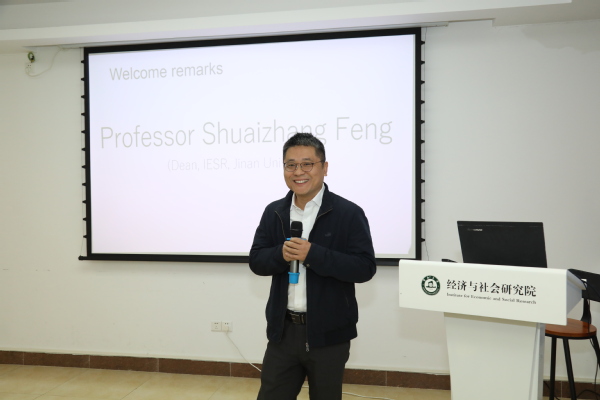
Welcome Speech by Professor Shuaizhang Feng
Keynote Speech
In the next session, Professor Hanming Fang from the University of Pennsylvania was invited to deliver a keynote speech. He stressed that China is experiencing unprecedented challenges due to the aging population. With the decline in fertility and the increase in average life expectancy, the proportion of the elderly population has increased yearly, asking for new requirements for China's social security system, medical resource allocation, and economic development model. He focused on retirement issues, retirement income, and the mental health of the elderly to share his latest research.
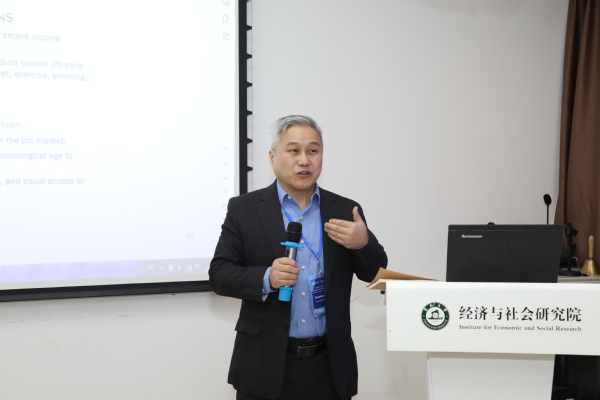
Keynote Speech by Professor Hanming Fang
Presentations
In the presentation session, thirteen scholars presented their latest works.
Jin Zhou from the City University of Hong Kong presented a paper titled The Microdynamics of Early Childhood Learning.
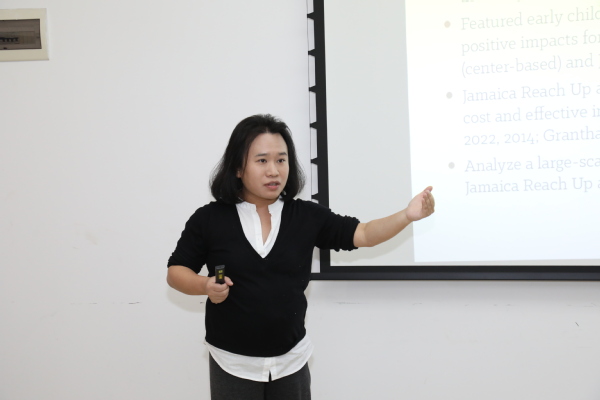
Qinyou Hu from Aalto University and Rice University presented a paper titled Breaking Down Bullying: Empathy, Social Networks, and Adolescents.
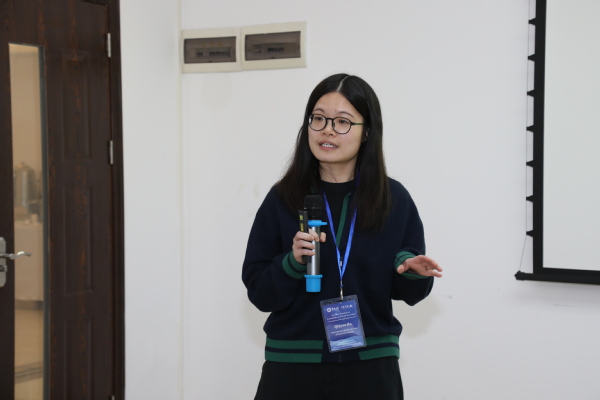
Lin Lin from East China Normal University presented a paper titled Affordable Care Act, Physicians’ Location Choices, and Care Access Disparity.
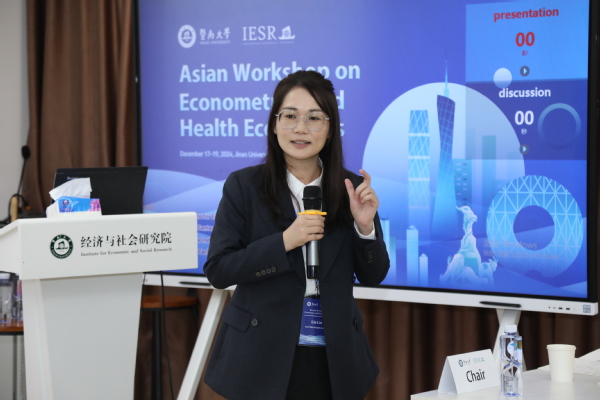
Toshiaki Iizuka from The University of Tokyo presented a paper titled Vertical Integration and Agency with Cognitive Limitations: Evidence from Long-Term Care.
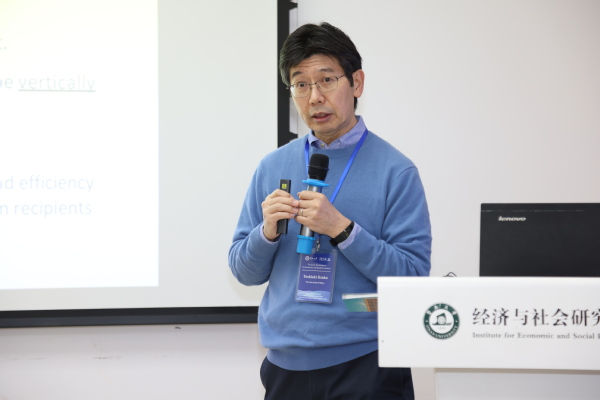
Zhi Cao from The Chinese University of Hong Kong presented a paper titled Hospital Discharge: Model, Estimates, and Policy Analyses.
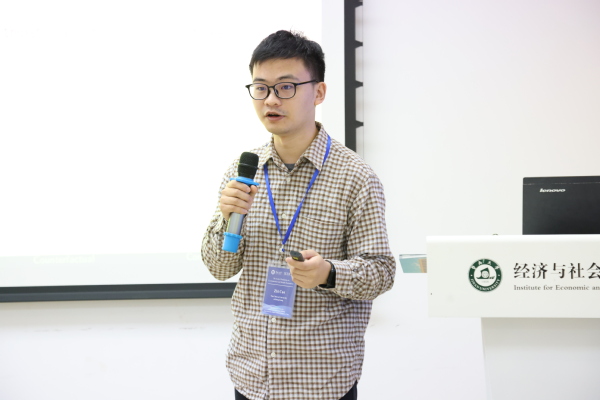
Eeshani Kandpal from the Center for Global Development presented a paper titled Information, Loss Framing, and Spillovers in Pay-for-Performance: Experimental Evidence from Health Workers in Nigeria.
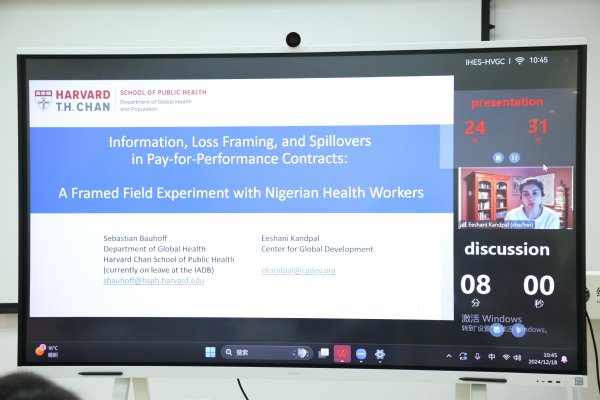
Lu Liu from New York University Shanghai presented a paper titled Opportunity Cost Neglect in Preventive Health Decisions and Mitigating it by Talking Money.
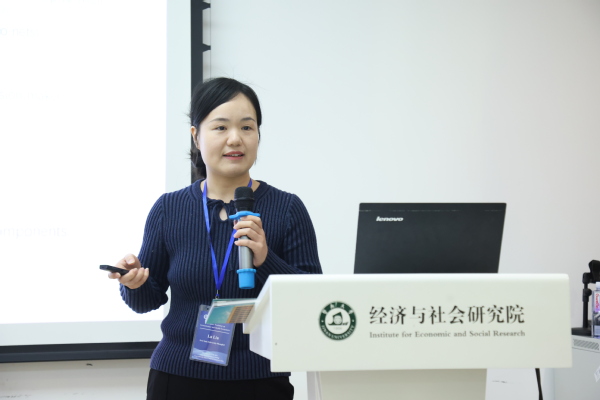
Han Ye from the University of Mannheim and ETH Zurich presented a paper titled Live Longer and Healthier: Impact of Pension Income for Low-Income Retirees.
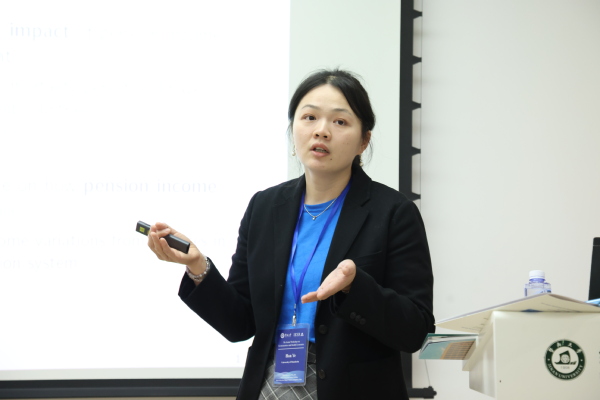
Jianjing Lin from the University of Massachusetts Amherst presented a paper titled Monitoring Pressure and Billing Practices: Evidence from Medicare Recovery Audits.
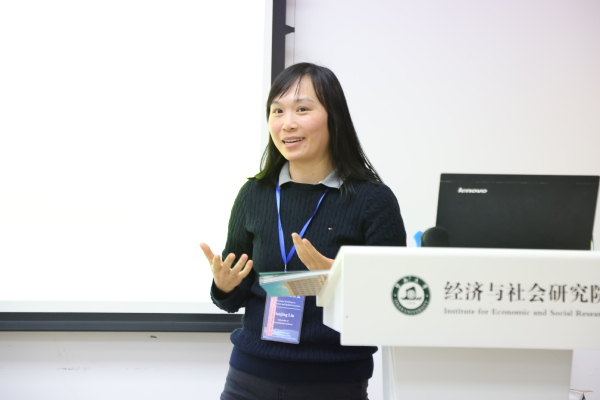
Xingguo Wang from Texas A&M presented a paper titled Broad-Based Categorical Eligibility Policy and SNAP Participation.
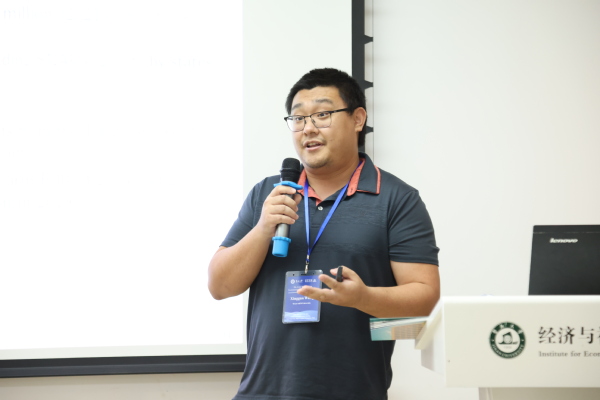
Edward C. Norton from the University of Michigan and NBER presented a paper titled A Flexible, Heterogeneous Treatment Effects Difference-in-Differences Estimator for Repeated Cross-Sections.
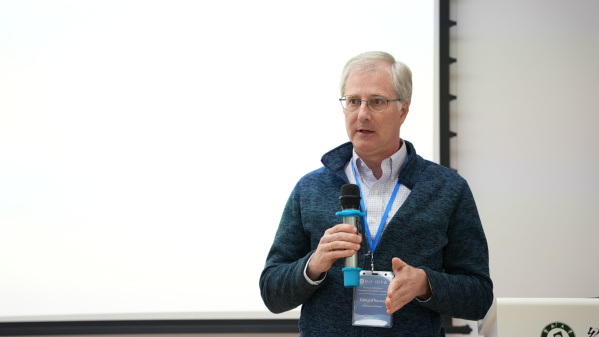
Jianan Yang from Peking University presented a paper titled Improving Regulation for Innovation: Evidence from China’s Pharmaceutical Industry.
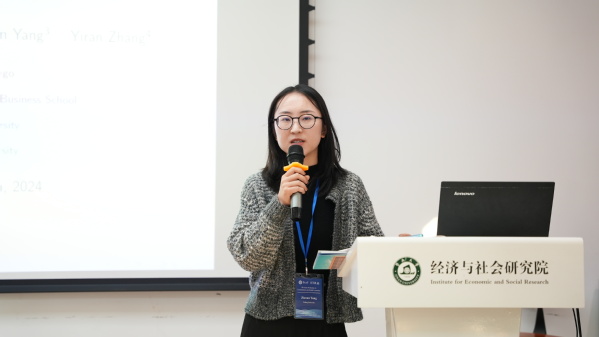
Juan Pantano from the University of Hong Kong and the University of Arizona presented a paper titled Dynamic Treatment Choices and Selection into RCTs: Evidence from Prostate Cancer.
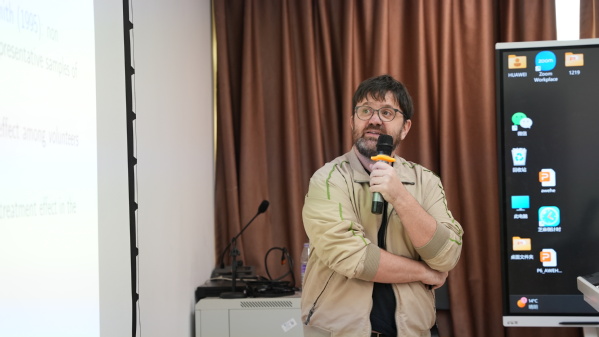
Oral Posters
Twelve scholars reported their research's key points and highlights to random participants through poster presentations.
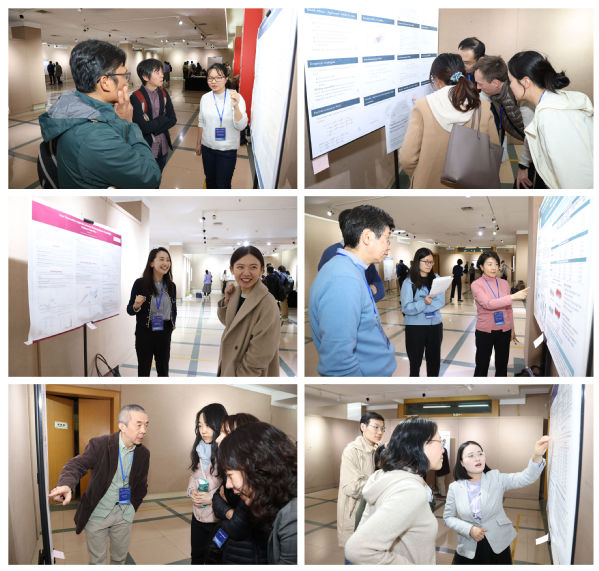
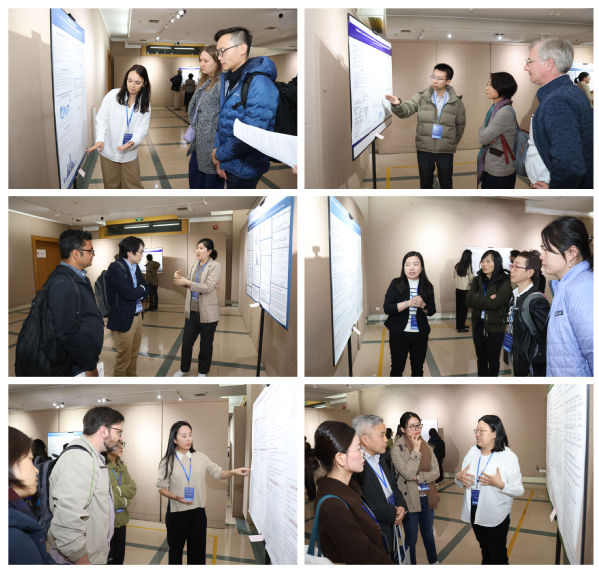
The event ended with the awards ceremony. Meiping Sun from Fordham University and Edward C. Norton from the University of Michigan and NBER won the Best Poster Award and the Best Discussant Award, respectively.
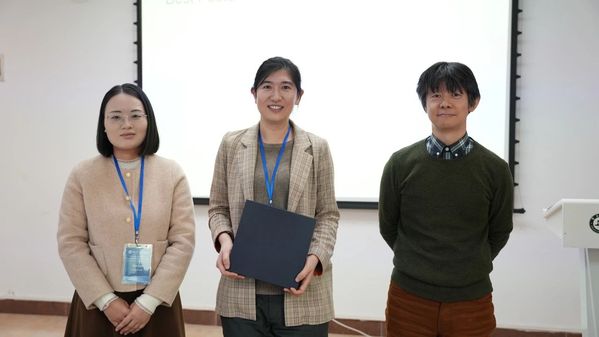
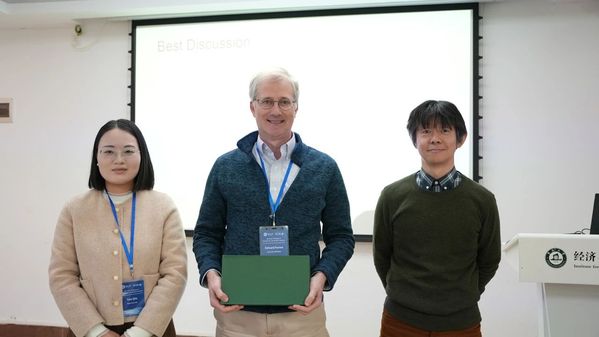
The Workshop provided participants with an academic platform to share cutting-edge research and received positive feedback, greatly enhancing the reputation and influence of IESR and even Jinan University in the international academic community. It aims to jointly promote academic innovation and social progress in a diverse academic context and further explore regional cooperation between Asia and other parts of the world.
